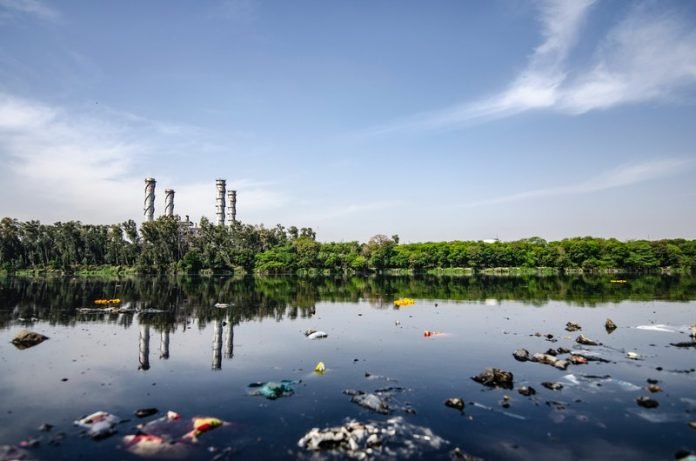
In a new study, researchers found wastewater containing the COVID-19 virus may be a serious threat.
The research was conducted by a team from the Zuckerberg Institute for Water Research at Ben-Gurion University of the Negev (BGU) and elsewhere.
The team evaluated recent studies on coronaviruses in wastewater and previous airborne infectious diseases, including SARS and MERS.
The goal was to evaluate potential threats, avenues of research, and possible solutions, as well as garner beneficial perspectives for the future.
The team found that sewage leaking into natural watercourses might lead to infection via airborne spray.
Similarly, treated wastewater used to fill recreational water facilities, like lakes and rivers, could also become sources of contagion.
Lastly, fruits and vegetables irrigated with wastewater that was not properly disinfected could also be an indirect infection route.
The research team recommends immediate, new research to determine the level of potential infection, if any, and how long coronaviruses last in various bodies of water and spray.
At the same time, wastewater can serve as a canary in a coal mine because it can be monitored to track COVID-19 outbreaks.
Coronaviruses start showing up in feces before other symptoms like fevers and coughs show up in otherwise asymptomatic people.
Regular monitoring, therefore, can give authorities advance warning of hot spots.
BGU researchers recently completed a pilot study in Ashkelon, Israel using a new methodology to detect and trace the presence of the virus and calculate its concentration to pinpoint emerging COVID-19 hotspots.
Other BGU researchers are working on developing water nano-filtration technologies.
One author of the study is Dr. Edo Bar-Zeev of the BGU Zuckerberg Institute.
The study is published in Nature Sustainability.
Copyright © 2020 Knowridge Science Report. All rights reserved.



